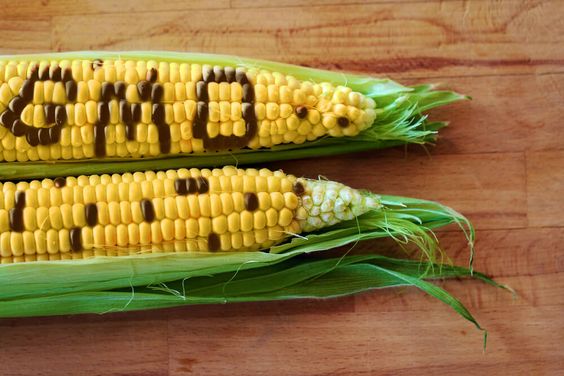Initial Hopes for GMO Cotton
In 2018, genetically modified (GM) cotton seeds were introduced in Nigeria to boost production and revive the country’s struggling cotton industry. Farmers expected higher yields and pest resistance from the new strains—MRC 7377BG11 and MRC7361BG11—believing these seeds would significantly improve their productivity. However, six years later, the expected results have not materialized.
Why GMO Seeds Failed
According to Anibe Achimugu, president o
f the National Cotton Association of Nigeria (NACOTAN), the GM seeds did not significantly improve cotton yields compared to local varieties. Farmers like Abdulsalam Musa reported no substantial yield increase, with many experiencing yields of less than four tons per hectare, similar to or even lower than local seeds. Musa also raised concerns about the long-term viability of farmlands where GM seeds were planted, noting that these lands could no longer support the growth of local seeds.
Negative Effects on Cotton Yield and Farmland
The expected benefits of the GM seeds—such as higher yields and improved pest resistance—were only noticeable in the first two years. Over time, however, productivity declined, and the seeds’ inability to be replanted compounded the problem. Lawal Matazu, president of the Cotton Producers and Merchants Association of Nigeria, pointed out that GM seeds have had a detrimental impact on Nigeria’s cotton value chain, ultimately reducing yields and harming the land.
Long-Term Impact on Nigeria’s Cotton Industry
Nigeria’s cotton industry, once a major source of income, continues to struggle. Weak infrastructure, lack of government support, and low-quality inputs have further exacerbated the issue. The failure of GM cotton seeds, which were supposed to revive the sector, has instead contributed to the collapse of the market, leaving the country dependent on textile imports. Between 2019 and 2023, textile imports surged from N220.5 billion to N377.1 billion, according to National Bureau of Statistics (NBS) data. This highlights the inefficacy of GM seeds in addressing Nigeria’s broader agricultural challenges.

Environmental and Economic Concerns
Experts like Jude Obi, president of the Association of Organic Agriculture Practitioners of Nigeria, have voiced concerns over the environmental risks posed by GM crops. Obi argued that genetically engineered seeds disrupt ecosystems and could trap Nigerian farmers in what he calls “seed slavery,” as they would become dependent on these seeds and unable to replant them.
Nigerian Social Media Reactions to the GMO Cotton Seeds Failure
- @ZainabFarmsNigeria: “The GMO seeds were supposed to save our cotton industry, but instead, they’ve made things worse! #GMOFail #NigeriaFarming”
- @AhmedAgriWatch: “Farmers are facing ruin with these GMO seeds. Our land is damaged, and yields have dropped! #CottonCrisis”
- @TundeTextileGuru: “How did we go from hope to devastation? GM seeds promised us much but delivered nothing. #SaveNigeriaTextiles”
- @AishaOrganicFarm: “GM seeds have distorted our ecosystem. Organic farming is the way forward! #NoToGMO #OrganicNigeria”
- @NkemCottonTrader: “Our cotton industry is on life support, and GM seeds were not the solution we needed. #ReviveCotton”
- @ChimaAgroVoice: “Six years later, and we’re worse off. GM seeds failed to deliver what they promised! #GMOFail”
- @FunmiAgriChange: “We need policies that protect our farmers, not enslave them to faulty seeds! #AgricultureReform”
- @ObiTextileVoice: “The textile industry is collapsing, and GM seeds have made it even harder for farmers. #CottonFail”
- @SuleFarmingNigeria: “GMO seeds have done more harm than good. Time for Nigeria to rethink its agricultural strategy! #FarmingReform”
- @NgoziEcoWarrior: “The environmental damage caused by GM seeds is undeniable. We need sustainable solutions. #EcoFarming”
- @OlaTextileSolutions: “How can we rebuild our cotton industry if we keep pushing harmful GM seeds? #TextileIndustryRevival”
The introduction of GMO cotton seeds in Nigeria has had far-reaching negative impacts, failing to deliver the promised increase in yield and causing long-term harm to farmland. For the cotton industry to recover, a shift towards sustainable agricultural practices is essential






